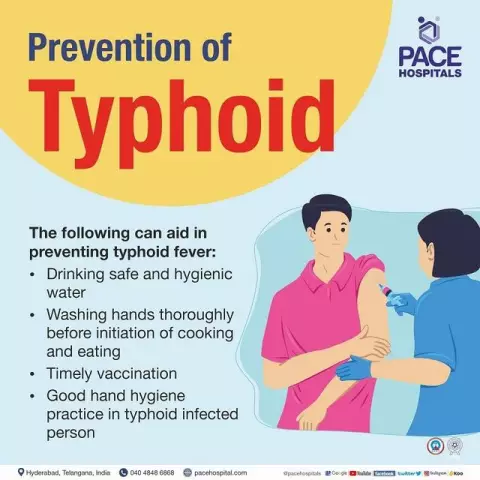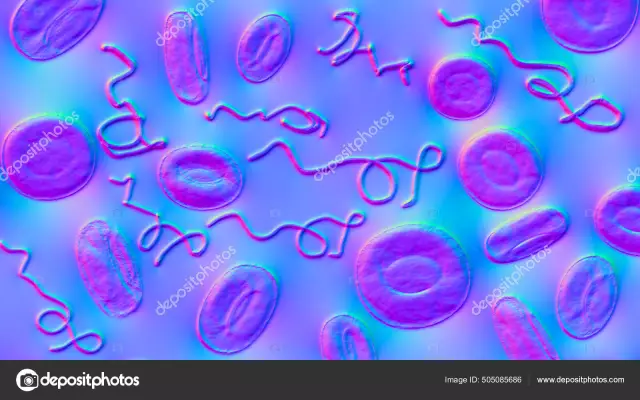- Author Rachel Wainwright wainwright@abchealthonline.com.
- Public 2023-12-15 07:39.
- Last modified 2025-11-02 20:14.
Flogardin
Flogardin: instructions for use and reviews
- 1. Release form and composition
- 2. Pharmacological properties
- 3. Indications for use
- 4. Contraindications
- 5. Method of application and dosage
- 6. Side effects
- 7. Overdose
- 8. Special instructions
- 9. Application during pregnancy and lactation
- 10. Use in childhood
- 11. Drug interactions
- 12. Analogs
- 13. Terms and conditions of storage
- 14. Terms of dispensing from pharmacies
- 15. Reviews
- 16. Price in pharmacies
Latin name: Flogardin
ATX code: J05AX
Active ingredient: tilorone (Tilorone)
Manufacturer: PFK Obnovlenie, JSC (Russia)
Description and photo updated: 2020-19-03
Prices in pharmacies: from 312 rubles.
Buy

Flogardin is an antiviral immunostimulating drug for the treatment of acute respiratory viral infection (ARVI), including influenza.
Release form and composition
The drug is produced in the form of film-coated tablets: orange, biconvex, round; the core in a cross section is orange with possible slight lighter / darker blotches (6 or 10 pieces in a blister strip, 1 package in a cardboard box and instructions for use of Flogardin).
1 tablet contains:
- active substance: tilorone dihydrochloride - 125 mg;
- additional components: potato starch, calcium stearate, microcrystalline cellulose 101, croscarmellose (croscarmellose sodium), povidone K30;
- film casing: VIVACOAT PC-3P-386 [macrogol 4000, polysorbate 80 (tween 80), titanium dioxide, hypromellose, sunset yellow dyes (E 110) and quinoline yellow (E 104)].
Pharmacological properties
Pharmacodynamics
Tilorone belongs to the group of low molecular weight synthetic interferon inducers (IFNs), which activate the production of all types of IFNs (α, β, γ and λ) in the body. In response to drug exposure, the main IFN producers are hepatocytes, intestinal epithelial cells, neutrophils, granulocytes and T-lymphocytes. After oral administration of tilorone, 4-24 hours later, the maximum IFN formation is detected in the intestine-liver-blood sequence.
The active substance has immunomodulatory and antiviral effects. With a single oral administration of the drug in a dose corresponding to the maximum daily dose for humans, in the lung tissue, according to the results of experimental studies, the maximum content of λ-IFN is fixed after 24 hours, α-IFN - after 48 hours.
In respiratory viral infections (including influenza), the induction of λ-IFN in the lung tissue increases the antiviral protection of the respiratory tract. Tilorone also promotes the induction of IFN production in leukocytes and activates bone marrow stem cells. Provides, depending on the dose, an increase in antibody production and a decrease in the degree of immunosuppression, helps to restore the ratio of T-suppressors and T-helpers.
The mechanism of the antiviral action of Flogardin is associated with the suppression of the translation of virus-specific proteins in infected cells, as a result of which the reproduction of viruses is blocked. The agent is effective against various viral infections, including influenza and other acute respiratory viral infections, as well as hepato- and herpes viruses.
Pharmacokinetics
When administered orally, tilorone is rapidly absorbed from the gastrointestinal tract (GIT). The bioavailability of the active substance is 60%, it binds to blood plasma proteins by about 80%.
Flogardine does not undergo metabolic transformation and does not accumulate in the body. It is eliminated practically unchanged through the intestines (70%) and kidneys (9%). The half-life (T 1/2) is 48 hours.
Indications for use
Flogardin is recommended for use in the complex therapy of the following diseases:
- ARVI, including influenza (including prevention);
- herpes infection.
Contraindications
- pregnancy and lactation;
- age up to 18 years;
- hypersensitivity to any component of the product.
Flogardin, instructions for use: method and dosage
Flogardin tablets are taken orally after meals.
Recommended dosage regimen:
- herpes infection: treatment - the first 2 days at 125 mg / day, then 125 mg every 48 hours, course dose - 1250-2500 mg (10-20 tablets);
- SARS (including influenza): treatment - the first 2 days of the course, 125 mg / day, then 125 mg every 48 hours, the total dose is 750 mg (6 tablets); prevention - once every 7 days, 125 mg for 42 days, course dose - 750 mg.
If during treatment with Flogardin ARVI (influenza) symptoms of an infectious lesion persist for more than 4 days, you need to consult a doctor.
Side effects
While taking Flogardin, adverse effects such as dyspeptic symptoms, short chills, and allergic reactions are possible.
In the event of an increase in the severity of the above undesirable manifestations or the occurrence of any other violations, you should contact a specialist.
Overdose
Overdose cases of Flogardin have not been reported.
special instructions
The composition of the drug includes the dye sunset sunset yellow (E 110), which is capable of provoking the development of allergic reactions.
Influence on the ability to drive vehicles and complex mechanisms
During therapy with the antiviral agent Flogardin, its negative effect on the ability to drive vehicles and control other moving potentially dangerous mechanisms was not detected.
Application during pregnancy and lactation
During pregnancy, the use of Flogardin is contraindicated.
If you need to take the drug during lactation, you should stop breastfeeding.
Pediatric use
The antiviral agent Flogardin is not prescribed for patients under 18 years of age.
Drug interactions
The drug can be used in combination with agents for the treatment of bacterial and viral infections, as well as antibiotics, since no clinically significant interaction between tilorone and these drugs has been found.
Against the background of the use of the above or other drugs, it is advisable to consult a specialist before taking Flogardin.
Analogs
The analogues of Flogardin are Actaviron, Tiloram, ORVIS Immuno, Lavomax, Amiksin, Tilaxin, Tiloron-FPO, Tiloron, Tiloron-VERTEX, Tiloron-SZ, etc.
Terms and conditions of storage
Store out of the reach of children at a temperature not exceeding 25 ° C.
The shelf life is 3 years.
Terms of dispensing from pharmacies
Available without a prescription.
Reviews about Flogardin
Currently, there are no reviews about Flogardin on specialized sites, so it is not possible to objectively assess the effectiveness and disadvantages of an antiviral agent.
Price for Flogardin in pharmacies
The average price for Flogardin in the form of film-coated tablets (125 mg each) is 350 rubles. for 6 pcs. in the package and 440 rubles. for 10 pcs. packaged.
Flogardin: prices in online pharmacies
|
Drug name Price Pharmacy |
|
Flogardin 125 mg film-coated tablets 6 pcs. RUB 312 Buy |
|
Flogardin 125 mg film-coated tablets 10 pcs. 431 r Buy |
|
Flogardin tablets p.p. 125mg 10 pcs. RUB 485 Buy |

Anna Kozlova Medical journalist About the author
Education: Rostov State Medical University, specialty "General Medicine".
Information about the drug is generalized, provided for informational purposes only and does not replace the official instructions. Self-medication is hazardous to health!






